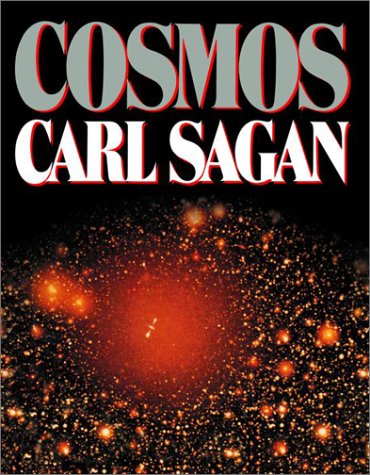
This book is about science in its broadest human context, how science and civilization grew up together. It is the story of our long journey of discovery and the forces and individuals who helped to shape modern science, including Democritus, Hypatia, Kepler, Newton, Huygens, Champollion, Lowell and Humason. The book also explores spacecraft missions of discovery of the nearby planets, the research in the Library of ancient Alexandria, the human brain, Egyptian hieroglyphics, the origin of life, the death of the Sun, the evolution of galaxies and the origins of matter, suns and worlds. The author retraces the fifteen billion years of cosmic evolution that have transformed matter into life and consciousness, enabling the cosmos to wonder about itself. He considers the latest findings on life elsewhere and how we might communicate with the beings of other worlds.
This was a 3/3.5 for me, which feels disrespectful because I know it’s an iconic book in making science accessible for the masses. Certain parts were not so accessible for *me*, and as a casual reader, I had to push myself through the science-heavy passages. Every time he started in on a new paragraph about a historical figure or event, I was like, thank God, here’s something I can work with! Also it was hard to gauge how much was still relevant, how much had changed since the first edition — if there isn’t already an annotated version with someone providing the current state of astronomy, I think it’d be helpful, and save me a lot of Googling (do we know what quasars are now?!). Overall, I learned a lot, even if I missed a lot, too, because my brain couldn’t process it all equally, and there were some ideas he touched on that definitely had me pondering.
Reading updates
-
Started reading
-
3 April, 2021:
Finished reading
-
3 April, 2021:
Reviewed
